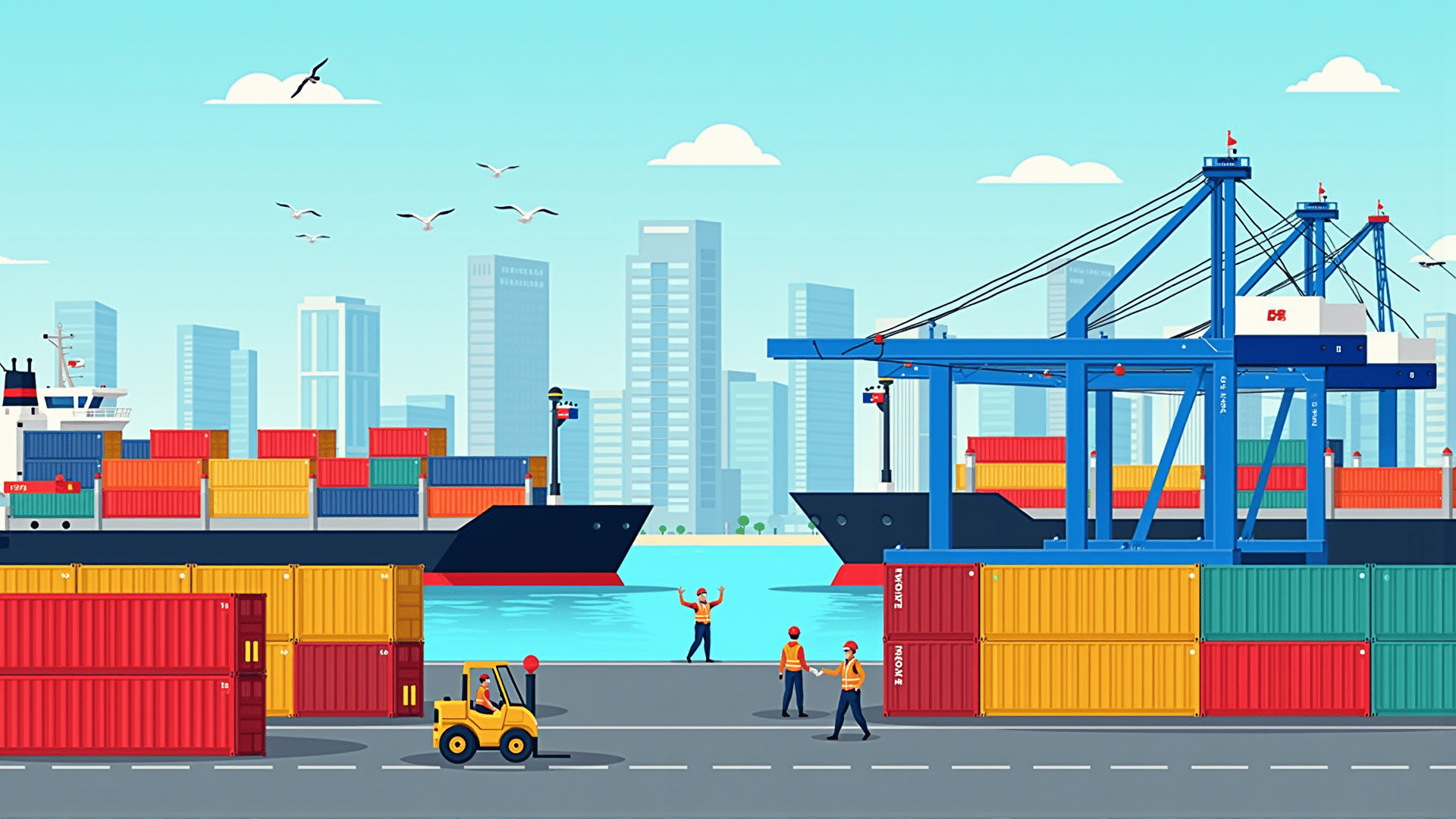Canada plays a significant role in the landscape of global trade, with its policy decisions and international agreements deeply influencing its economic relations worldwide. As a member of major international alliances and trade organizations, Canada has positioned itself as a pivotal trading partner, partly due to its strategic geographic location and abundant natural resources.
Canada's economic interactions are governed by various trade agreements that help shape its integration into the global economy. One of the most notable is the North American agreement, which establishes a trilateral trade bloc across Canada, the United States, and Mexico. This agreement has substantially boosted Canadian exports and imports by eliminating many trade barriers and facilitating the free movement of goods and services.
In addition to its North American partnerships, Canada is also a participant in the Comprehensive and Progressive Agreement for Trans-Pacific Partnership (CPTPP). This multilateral agreement includes many Pacific Rim countries and aims to reduce tariffs, establish common trade standards, and promote economic integration across the Asia-Pacific region. By being part of such coalitions, Canada enhances its trade opportunities and fosters stronger economic ties with fast-growing markets, expanding its influence in the global trade arena.
Furthermore, Canada maintains a robust trading relationship with the European Union through the Comprehensive Economic and Trade Agreement (CETA). This pact allows easier access to European markets for Canadian goods and services by removing tariffs on nearly all products and providing Canadian companies with a competitive edge in sectors like manufacturing and agriculture. The agreement reflects Canada's commitment to expanding its trade horizons beyond traditional partners and highlights its efforts to diversify its markets.
Canadian trade policies are designed to support sustainable development goals, emphasizing the importance of balancing economic growth with environmental protections. The Canadian government has been proactive in incorporating environmental and labor standards into its trade agreements to ensure that its global economic engagements promote not only prosperity but also mutual well-being and sustainability.
With its involvement in various international economic frameworks, Canada's role in global trade continues to evolve. Its policies not only seek to strengthen its economic position but also aim to contribute positively to global economic stability and security. Through strategic partnerships and commitments to multilateralism, Canada supports a global trading system that remains open, fair, and focused on long-term prosperity and sustainability.
